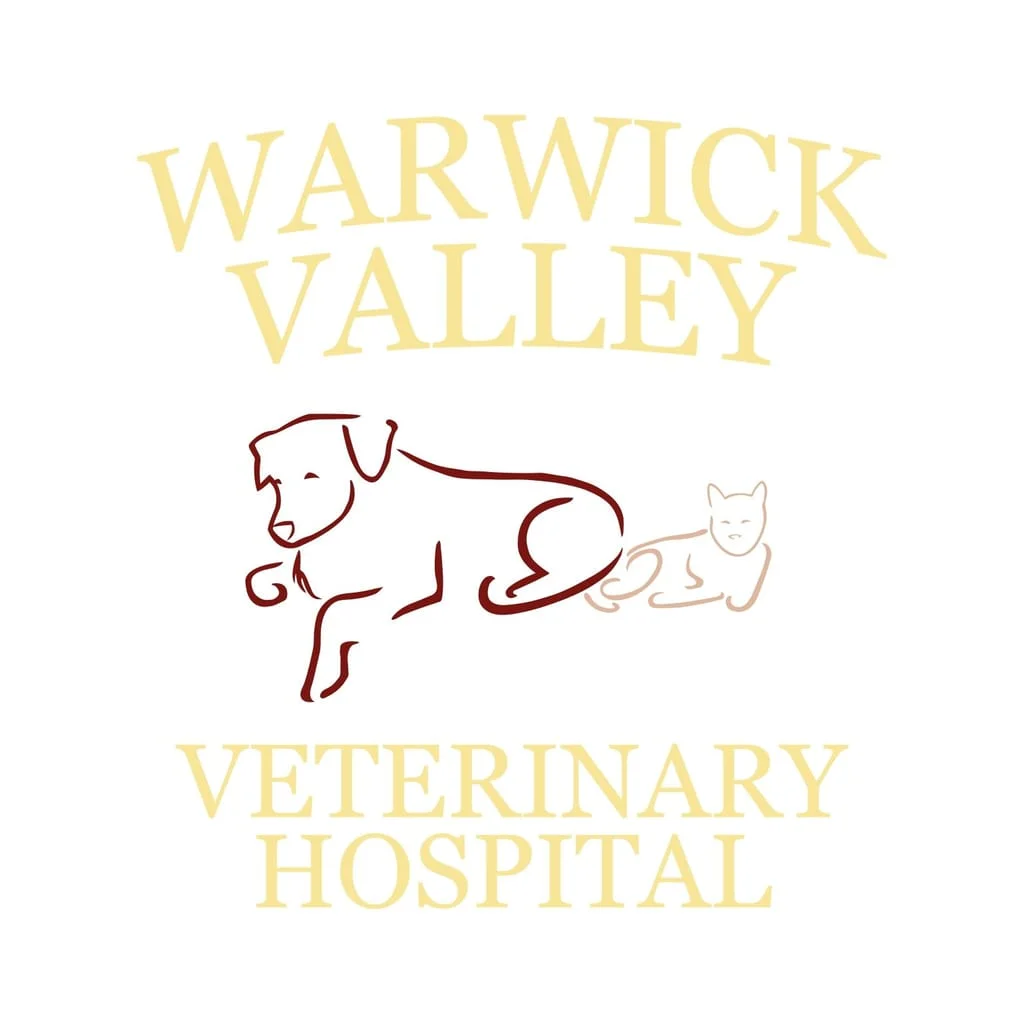Does your dog have stinky breath? Do your cat's teeth look brown? In fact, periodontal disease is the most common disease that pets develop. It is estimated that 80 to 85% of dogs and cats have some degree of infection. It is not just a cosmetic problem, chronic infection shortens their life because of effects on other organs, especially the heart, kidneys, and liver, not to mention the pain that bad teeth can cause.
Veterinarians are trained to diagnose and treat periodontal disease. Unfortunately, there is a growing trend to offer "anesthesia free dentistry" by untrained people at grooming parlors and pet food stores. Here are six reasons why "anesthesia free dentistry" is a terrible idea.
In "anesthesia free dentistry" the dogs are just held down and the teeth are scraped with a metal tool to clean tartar off the crowns of the teeth. One problem is that the crowns are only about 2% of the problem. Pathology takes place under the gums and this is where veterinarians concentrate their treatment. Cleaning the crowns is just a cosmetic treatment, it does nothing to improve the health of the pet. Dogs are stressed with "anesthesia free" dentistry. They have to be held firmly to try to reduce movement. Think how hard it is to get them to hold still just to brush their teeth. Hand scaling uses sharp metal instruments. Even a slight movement can cause injury to teeth, gums, lips, even the eyes. Also, as the dog is struggling, it can aspirate pieces of tartar as it is removed. Fractures of the jaw have also been known to occur.
Hand scaling with metal instruments causes etches in the enamel of the teeth. Veterinarians use either power instruments that cause less etching, or are able to use a light touch with hand instruments on the enamel because the pet is not moving. Then the teeth are polished to smooth the enamel. With the "anesthesia free" procedure, deeper grooves are made in the enamel of the teeth, which enables the tartar to attach and accumulate even faster.
When your pet has an "anesthesia free" procedure, it gives you a false sense of accomplishment and delays the treatment your pet really needs. It is very common to find abscessed teeth, fractured teeth, and bone loss on x-rays that no one could see just by looking in the mouth. It is illegal. In the United States and Canada, only licensed veterinarians can practice dentistry. Anyone providing dental services other than a DVM or a supervised, trained licensed veterinary technician working directly with a DVM, is practicing veterinary medicine without a license and is open to prosecution.
Owners are commonly concerned about putting their beloved pets under anesthesia, but modern anesthetic techniques and monitoring equipment actually make it as safe as in human medicine. As you can see, there is more risk if any dental procedure is done without anesthesia.
